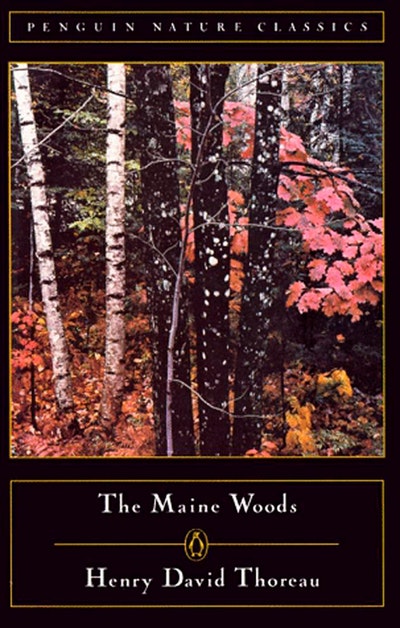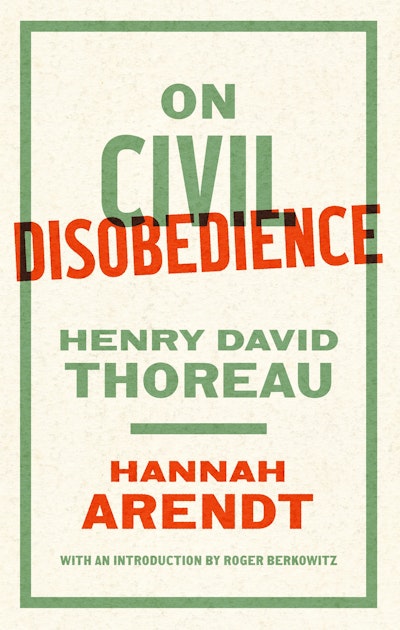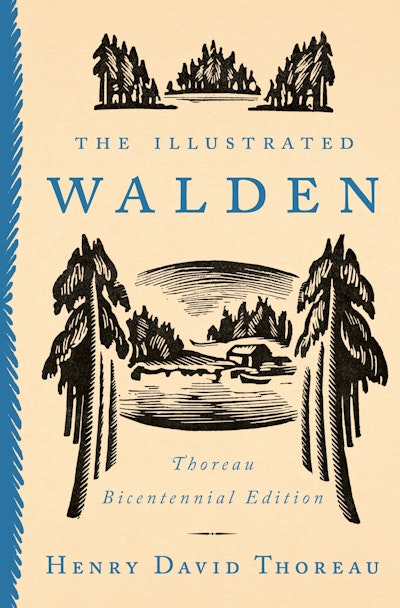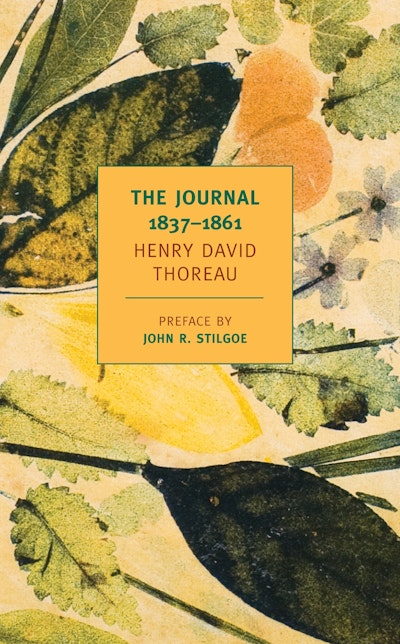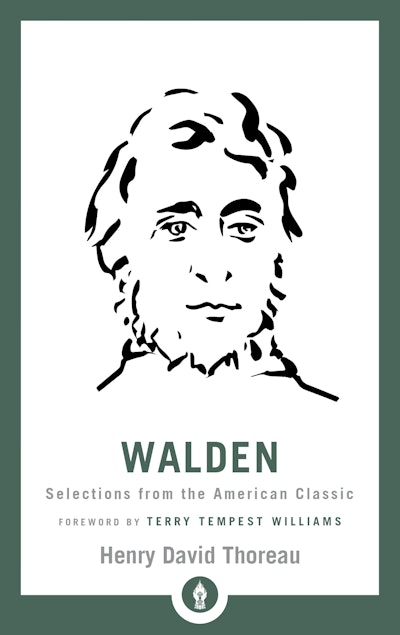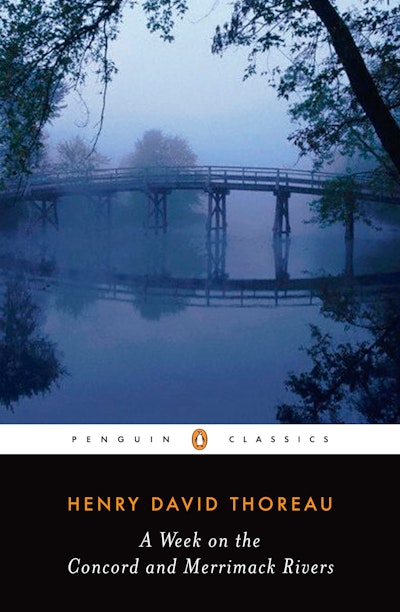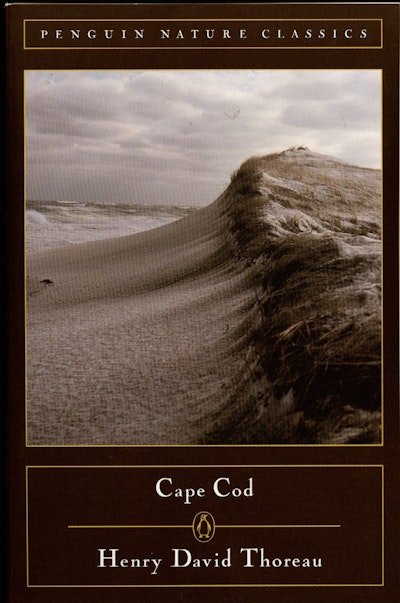"What a wilderness walk for a man to take alone!...Here was traveling of the old heroic kind over the unaltered face of nature." -Henry David Thoreau
Over a period of three years, Thoreau made three trips to the largely unexplored woods of Maine. He climbed mountains, paddled a canoe by moonlight, and dined on cedar beer, hemlock tea and moose lips. Taking notes constantly, Thoreau was just as likely to turn his observant eye to the habits and languages of the Abnaki Indians or the arduous life of the logger as he was to the workings of nature. He acutely observed the rivers, lakes, mountains, wolves, moose, and stars in the dark sky. He also told of nights sitting by the campfire, and of meeting men who communicated with each other by writing on the trunks of trees. In The Maine Woods, Thoreau captured a wilder side of America and revealed his own adventurous spirit.
For more than seventy years, Penguin has been the leading publisher of classic literature in the English-speaking world. With more than 1,700 titles, Penguin Classics represents a global bookshelf of the best works throughout history and across genres and disciplines. Readers trust the series to provide authoritative texts enhanced by introductions and notes by distinguished scholars and contemporary authors, as well as up-to-date translations by award-winning translators.
